
Male Mallard Duck Flying Over Water. A male mallard duck flying above
The mallard (/ ˈ m æ l ɑːr d, ˈ m æ l ər d /) or wild duck (Anas platyrhynchos) is a dabbling duck that breeds throughout the temperate and subtropical Americas, Eurasia, and North Africa. It has been introduced to New Zealand, Australia, Peru, Brazil, Uruguay, Argentina, Chile, Colombia, the Falkland Islands, and South Africa. This duck belongs to the subfamily Anatinae of the.

FileMale mallard flight03 natures pics.jpg Wikimedia Commons
Browse 2,015 flying mallard duck photos and images available, or start a new search to explore more photos and images. Browse Getty Images' premium collection of high-quality, authentic Flying Mallard Duck stock photos, royalty-free images, and pictures. Flying Mallard Duck stock photos are available in a variety of sizes and formats to fit.
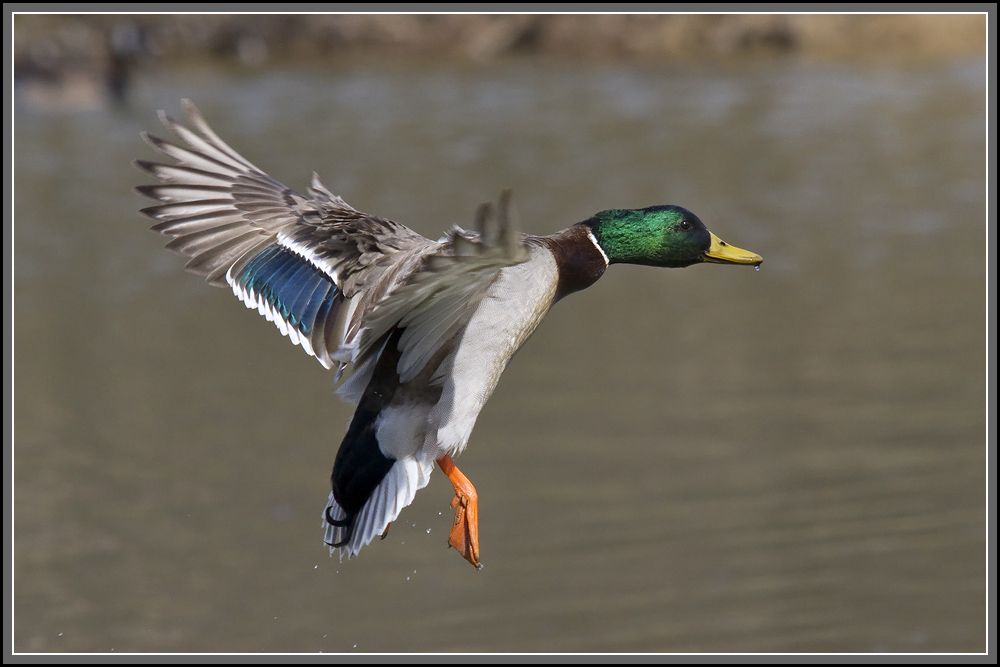
Mallard Duck Flying
Mallards are a small, flying duck that is hunted widely. They start to fly for short spurts at 10-12 weeks and are flying very well by 16 weeks. Ordering Details: A minimum of 3 total ducks are needed to ship, can be as few as 1 per breed. For pricing and orders above 299 or if ordering Ducks and Goslings together please Call our office (814.
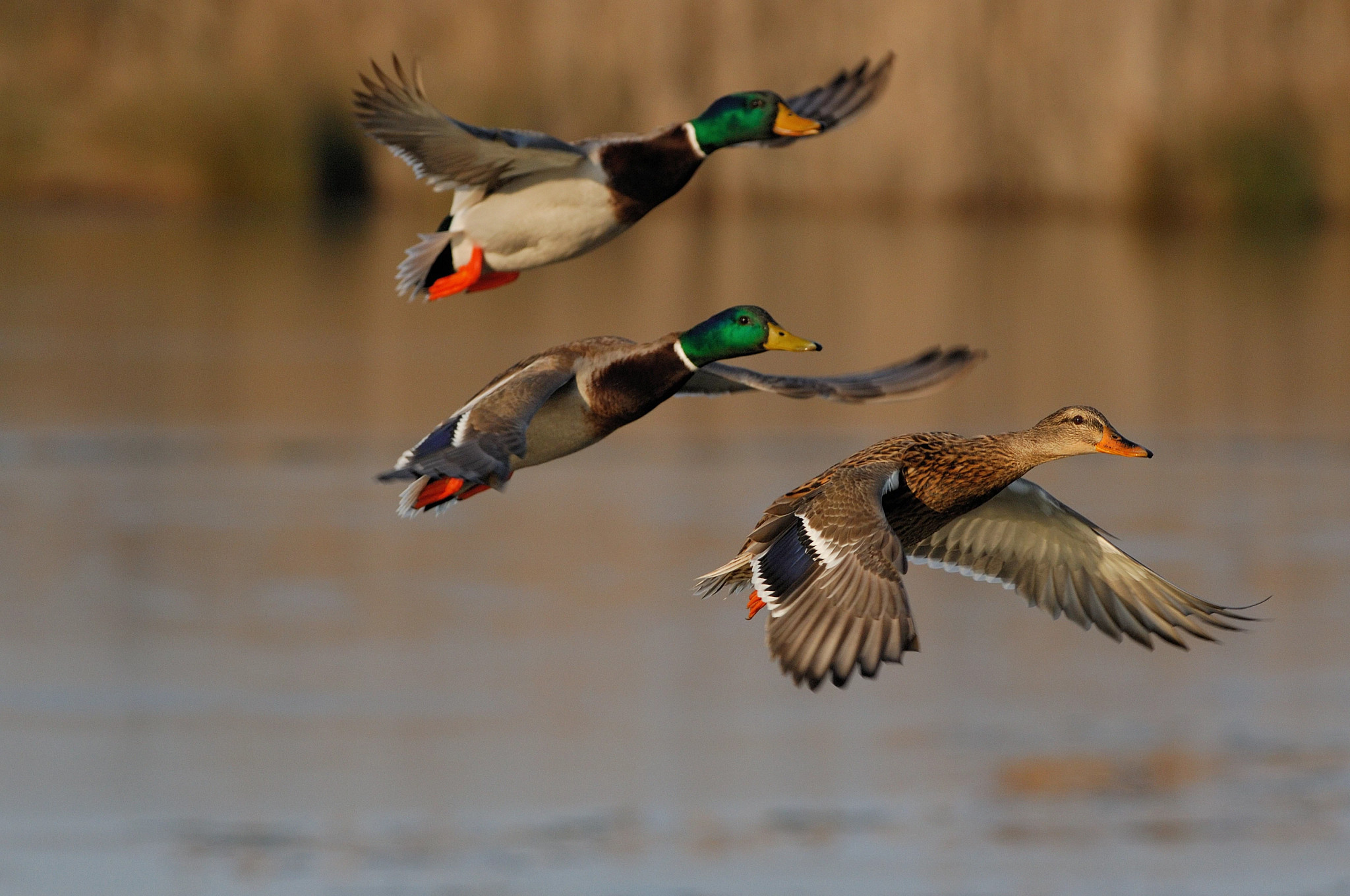-976067906_3216x2136.jpeg)
Female Mallard Duck Flying
Mallard numbers increase during wet periods and decline when there are droughts in the middle of the continent. Over the last 50 years, their estimated numbers have cycled between about 5 million and 19 million. Mallards are also the most heavily hunted North American ducks, accounting for about 1 of every 3 ducks shot.
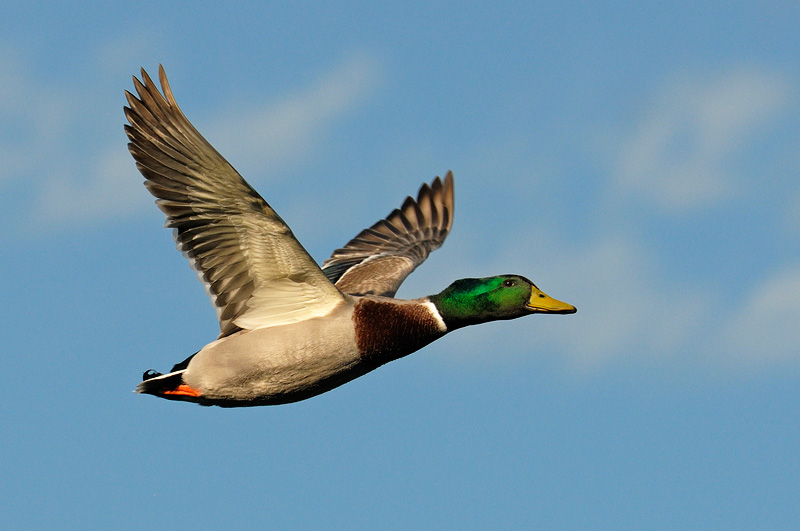
Duck Photography including Mallards in flight and other duck species
Browse 1,948 mallard ducks flying photos and images available, or start a new search to explore more photos and images. mallard duck (anas platyrhynchos) - mallard ducks flying stock pictures, royalty-free photos & images. side view of a white, green and brown flying mallard drake - mallard ducks flying stock pictures, royalty-free photos & images.
:max_bytes(150000):strip_icc()/mallard4-59511d2d3df78cae81214600.jpg)
Mallard Duck Photo Gallery and Trivia
If a bird appears to have a kink in its neck — neck raised, and its long head pointed slightly downward — it's a shoveler. You can easily notice the white breast of drake spoonies when they fly close. Wood ducks: If you see the silhouette of a medium-sized bird twisting and turning through the marsh, look for a long, rounded tail. It's a.
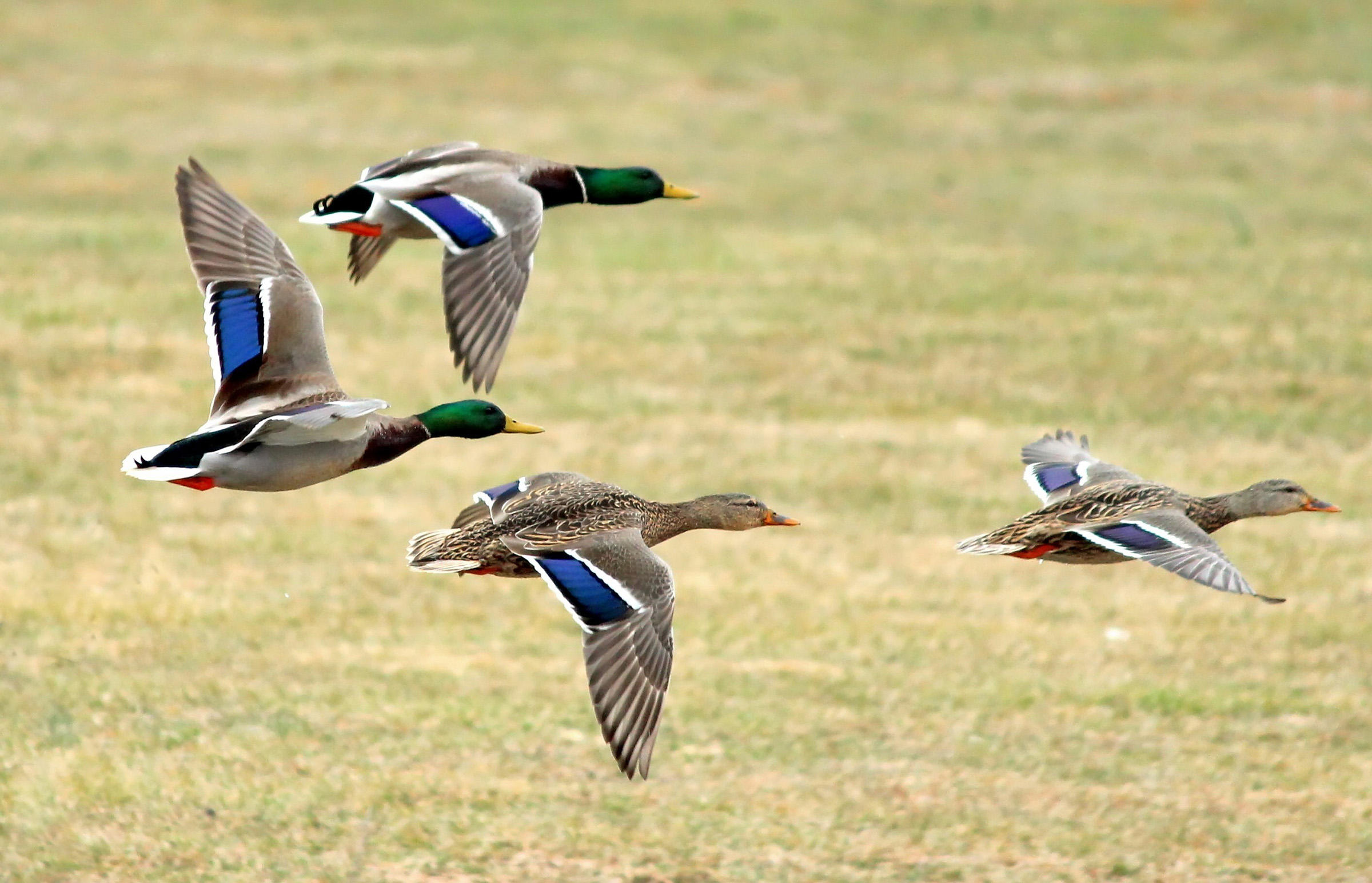
Free photo Mallard Ducks Flying Animal, Bird, Duck Free Download
These flying wild ducks weigh about 0.72 to 1.6 kg. Therefore, they're larger than a teal and crow but smaller than a Canadian goose. With a length of 19.7 to 25.6 inches, mallards can be considered fairly large and good table birds. Mallards are migratory birds that fly in flocks in a V formation.
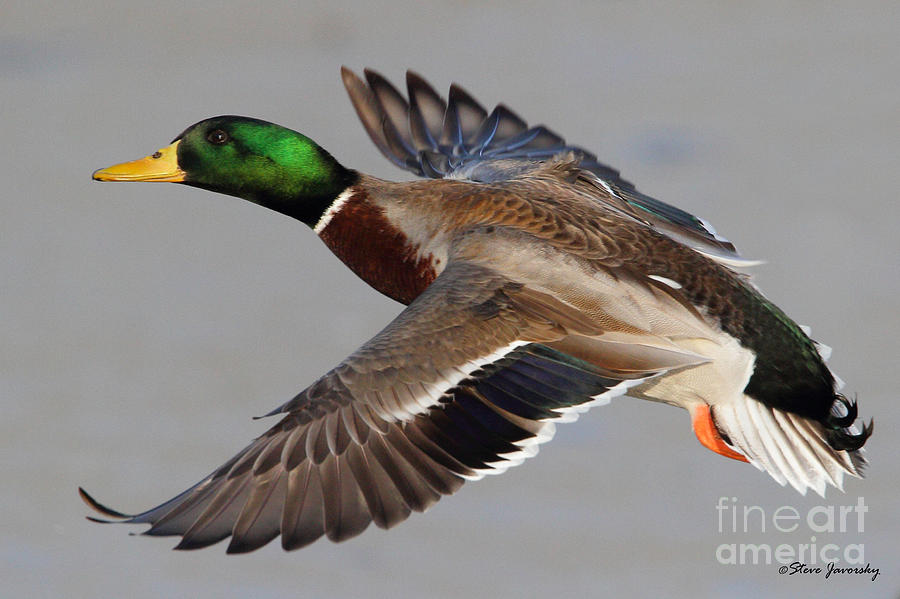
Male Mallard Duck in Flight Photograph by Steve Javorsky Pixels
If someone at a park is feeding bread to ducks, chances are there are Mallards in the fray. Perhaps the most familiar of all ducks, Mallards occur throughout North America and Eurasia in ponds and parks as well as wilder wetlands and estuaries. The male's gleaming green head, gray flanks, and black tail-curl arguably make it the most easily identified duck. Mallards have long been hunted for.
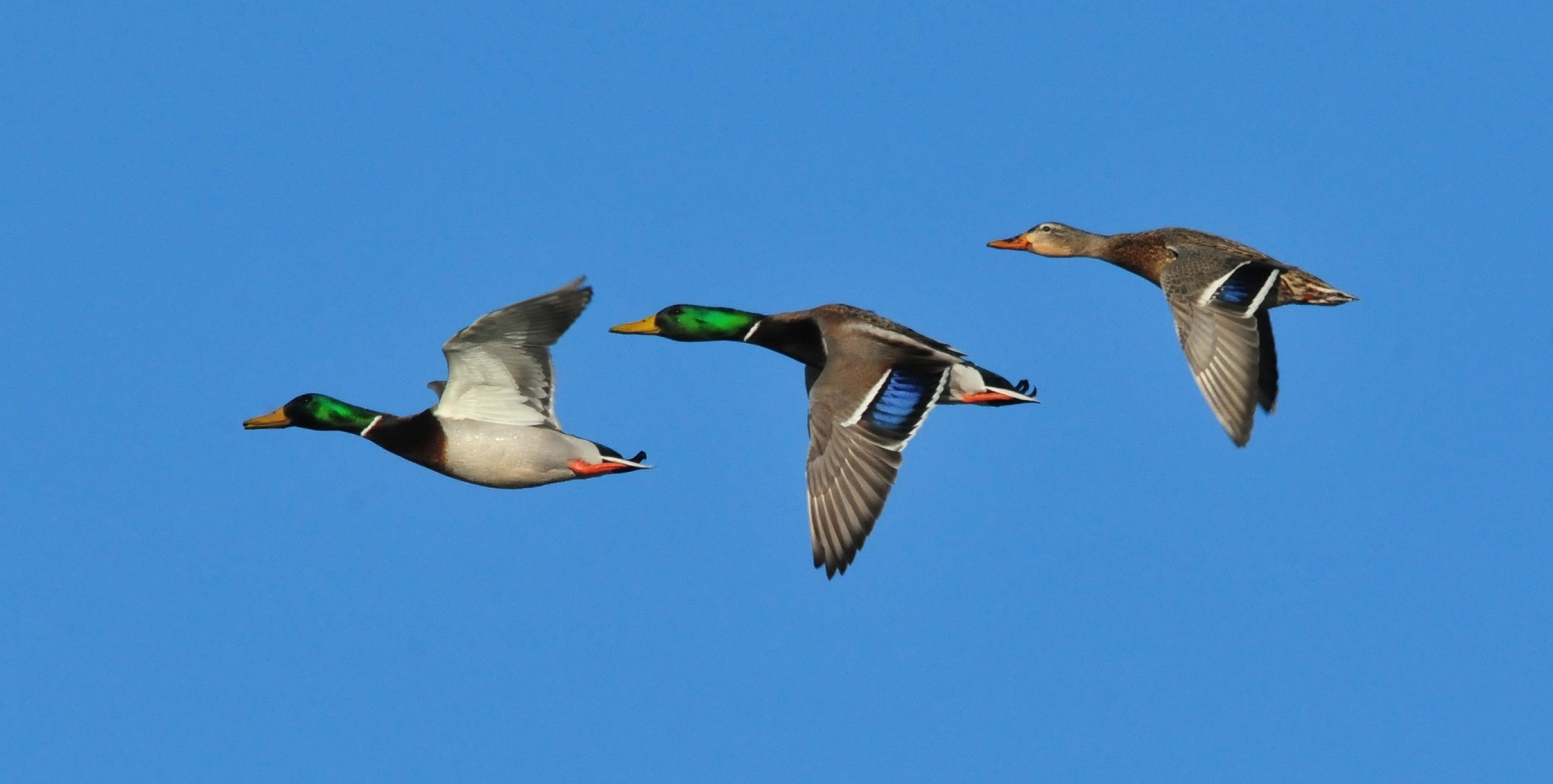
Free photo Mallard Ducks Flying Animal, Bird, Duck Free Download
Mallard Duck. If you think all ducks are milky white birds quacking in ponds, a Mallard Duck will surprise you. An ancestor of most domestic duck breeds, the males of this species will dazzle you with their vibrant green heads and distinct white collars, while the females sport a mottled brown plumage. Their wings bear a striking blue speculum.

Mallard_drake_flight Dickinson County Conservation Board
Browse 2,035 authentic flying mallard stock photos, high-res images, and pictures, or explore additional flying mallard evening or flying mallard duck stock images to find the right photo at the right size and resolution for your project. flying mallard evening.
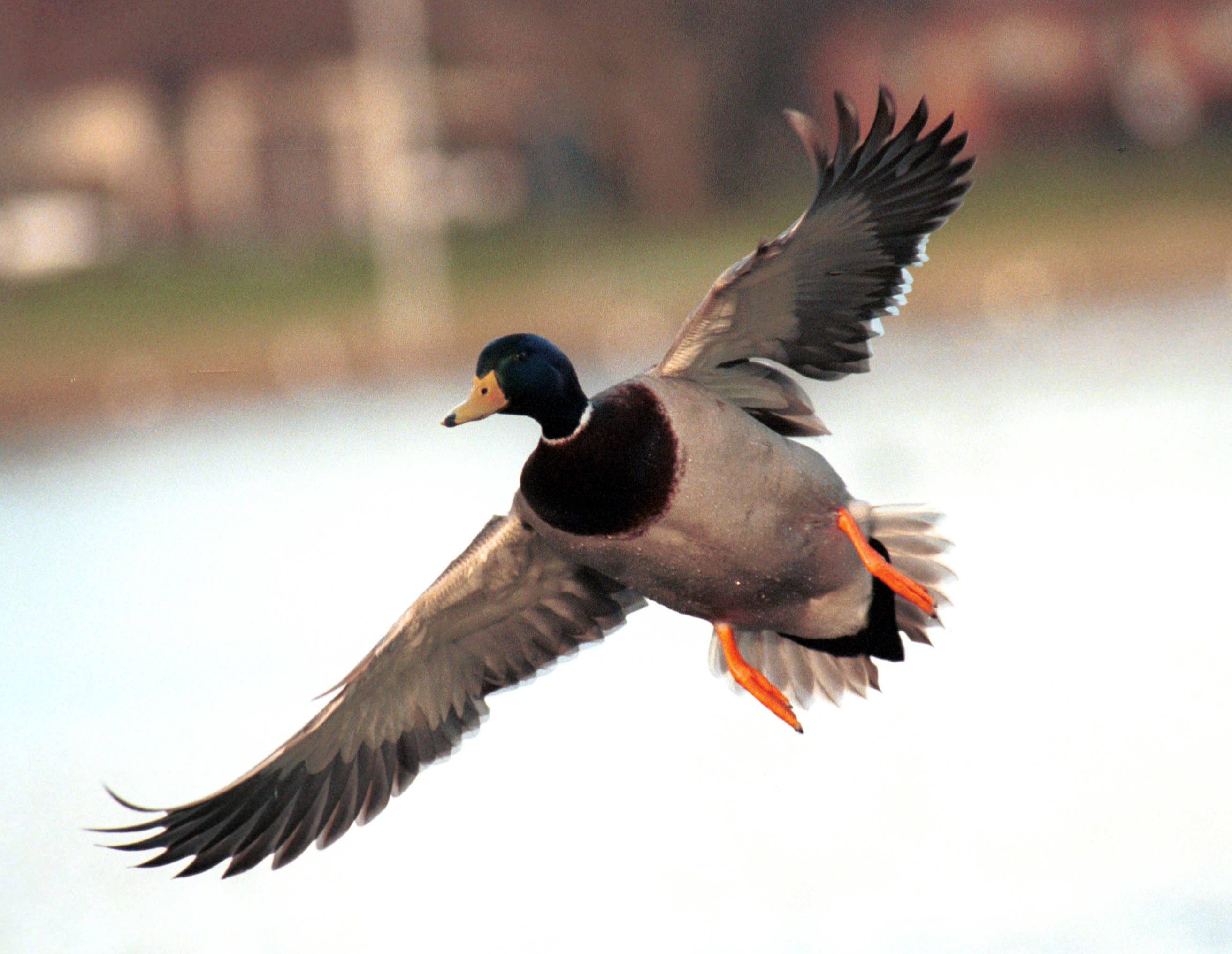
Free photo Mallard Ducks Flying Animal, Bird, Duck Free Download
Mallard Tracking Facts. The average distance traveled by satellite-marked mallards during spring migration was more than 730 miles. The average distance traveled by individual birds during fall migration was almost 875 miles. One of the first mallards (a drake) ever marked with a GPS satellite transmitter in Arkansas flew more than 500 miles.

Flying Mallard Duck Waterfowl, Mallard duck, Wildlife pictures
Browse 16,300+ mallard duck flying stock photos and images available, or start a new search to explore more stock photos and images. Vector set of flying wild ducks. Vector illustration. Flying Mallard Duck against a white background. Duck mallard wild bird vector sketch icon.

Mallard Duck Flying Wallpaper HD Wallpapers
Mottled ducks sound almost exactly like mallard ducks. Hens produce the well-known quack , along with the machine-gun ticka-ticka-ticka chuckle, often heard as they feed or when flying high overhead.

Happy mallard duck flying by Tony Northrup Photo 7737368 500px
Mallard Life Cycle. Explore the complete life cycle of ducks, including nesting, migration, molting, and more. Gain insights into their breeding habits and wintering patterns. In the space of one year a duck experiences the full spectrum of seasonal changes that usher in opportunities and challenges. Follow the life cycle diagram from breeding.
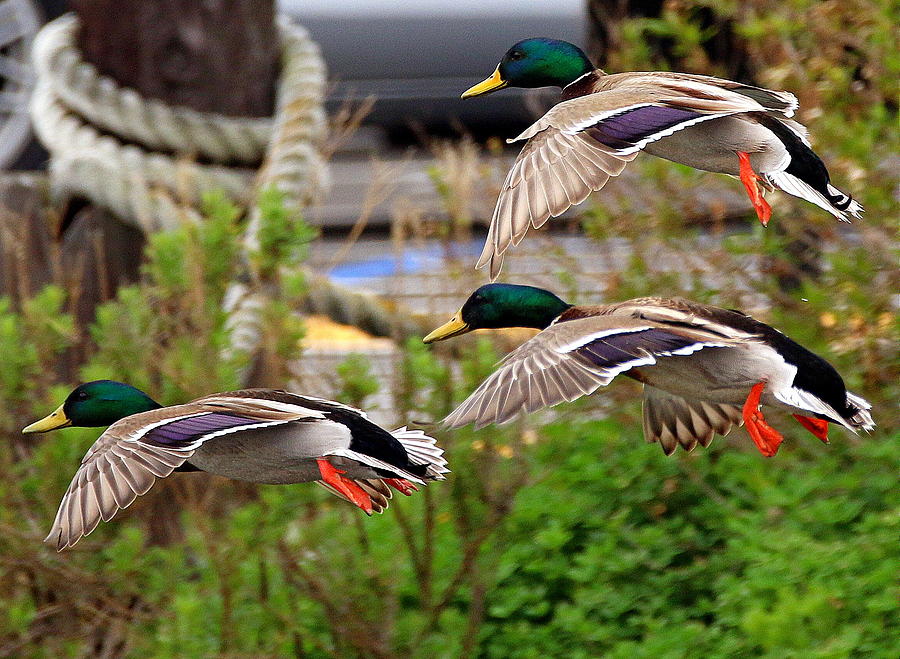
Mallard Ducks Flying Photograph by Rob Wallace Images Pixels
Abundant over most of the northern hemisphere, the Mallard is the most familiar wild duck to many people, and the ancestor of most strains of domesticated ducks.. the ancestral wild Mallard is a trim, elegant, wary, fast-flying bird. Photo Gallery Feeding Behavior. forages in water by dabbling, submerging head and neck, up-ending, rarely by.
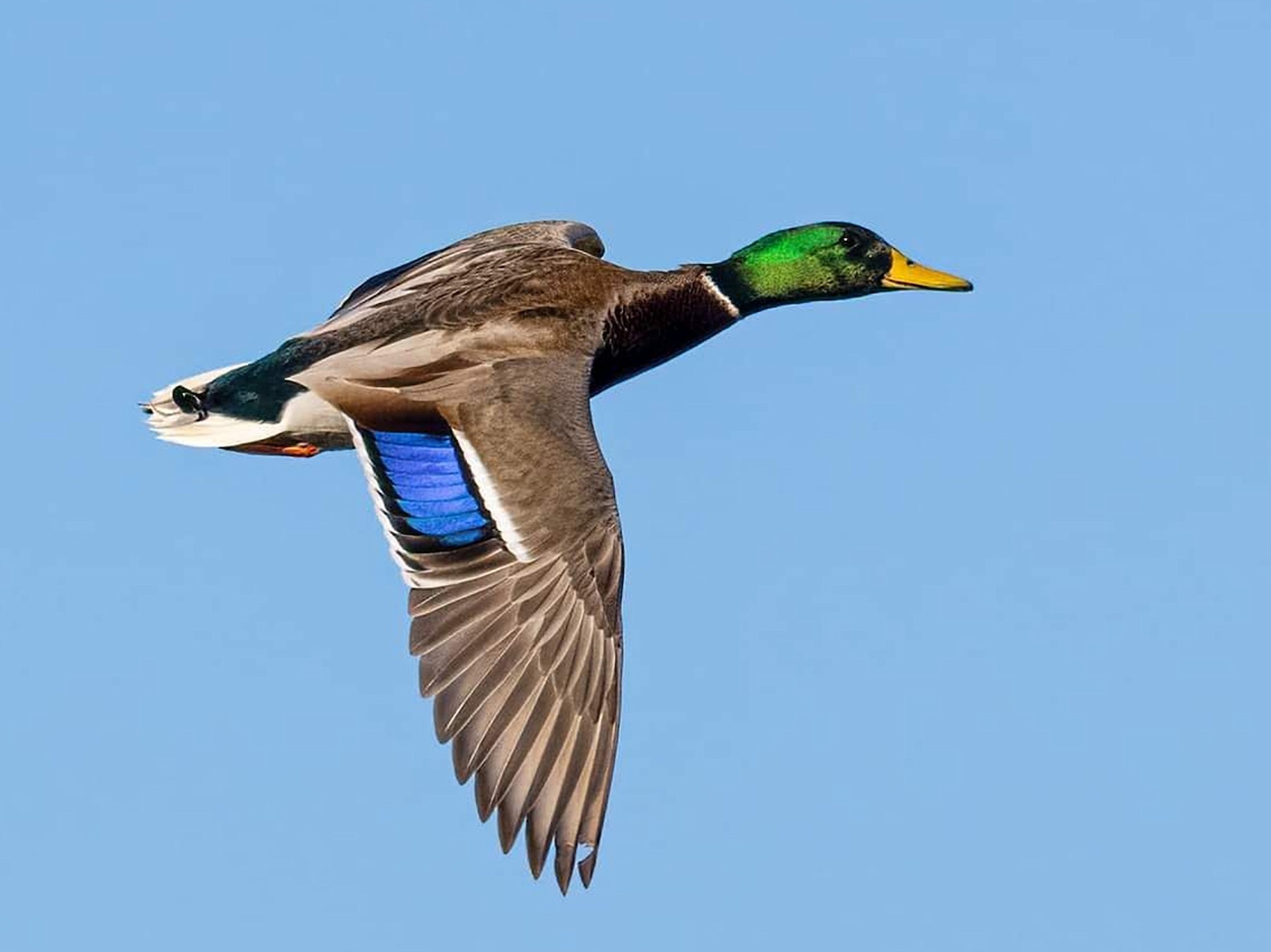
Female Mallard Duck Flying
Mallard Ducks are fast-flying birds with a wingspan of roughly three feet (81 - 98 cm). Males have a larger wingspan than females. Mallard in-flight over a lake. Calls & Sounds What sound does a Mallard make? Both male and female Mallards call, although females are the more vocal sex. Females produce the well-known 'decrescendo' call.